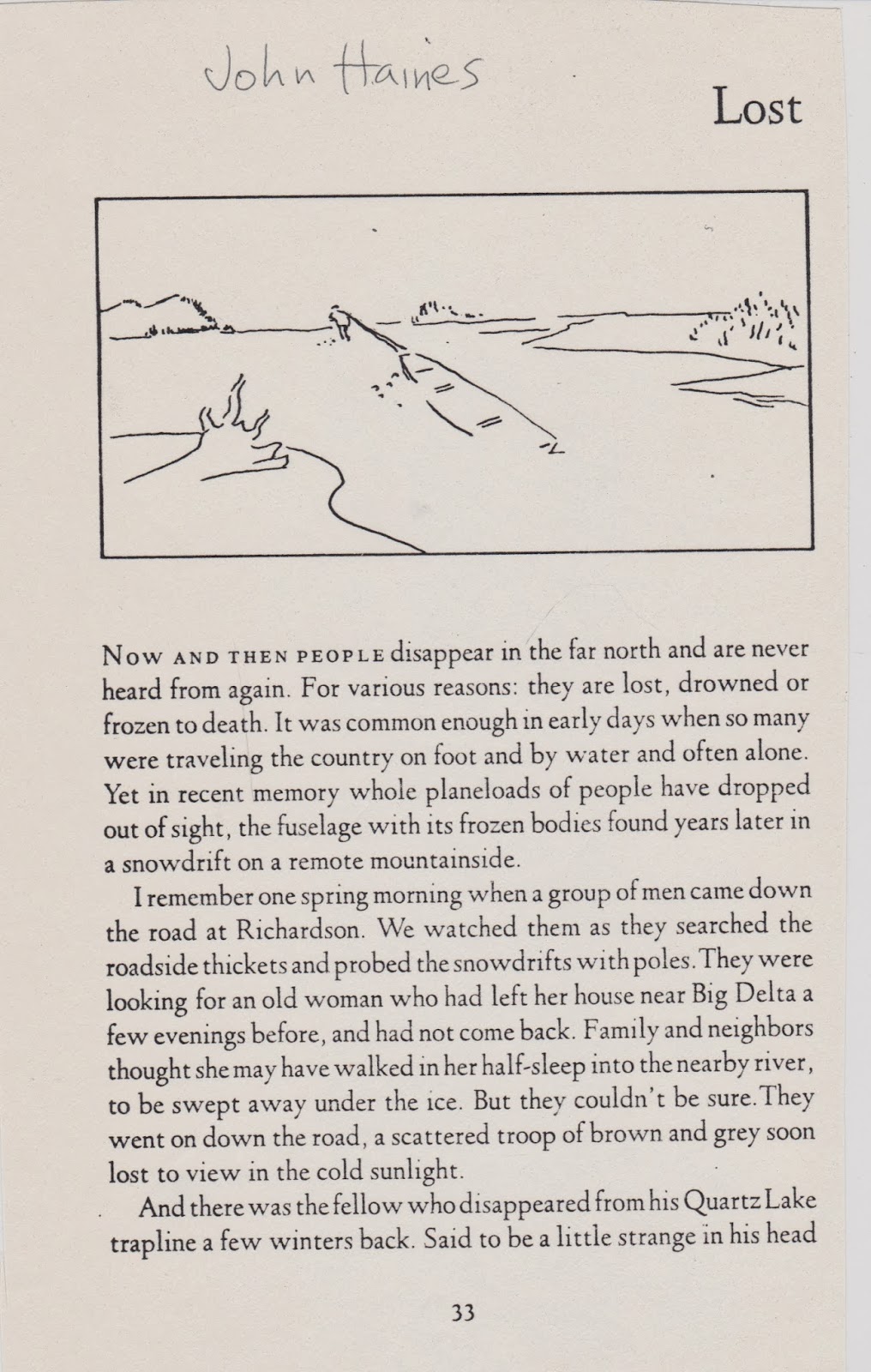Balthus
The White Skirt (1937)
Vanished Splendors
(Chapter 33)
The humility of the early Italian painters constantly compels me to imitate them. Personality cults by contemporary painters infuriate me. One must seek the opposite, fade away more everyday, find exactingness only in the act of painting, and always forget oneself. Instead, one sees nothing but self-exhibitionism, personal confessions, intimate avowals, auto-voyeurism, and egotistic declarations. I often say that one mustn't try to explain or express oneself, but rather the world and its darkness and mystery. Along the way, one might find some clues to one's own personality, but that isn't the point. Sometimes I feel annoyed and resentful over not having had the easy career, open doors, and royal welcome that some painters have found easily, perhaps too quickly. But I've always persisted on the path of solitude and exactingness. painting cannot be done amid the world's hubbub, by adopting its rhythm and complaisance. It is better to seek solitude and silence, to be surrounded by past masters, to reinvent the world, not be cradled by false sirens, cash, galleries, fashionable games, etc.
Real modernity is in the reinvention of the past, in refound originality based on experience and discoveries. I felt most liberated when, as a young man, I copied paintings by Poussin and Piero della Francesca at the Louvre and in Arezzo. What modernity I found in them! The painter is nothing in the adventure of painting; he's merely a hand, a tool, or link that transmits and leads, not always knowing where he himself is going, but acting as a transmitter of dreams, of the unknown, unreadable, and secret.
We know when we've touched on something essential, when there's a point of juncture or welding between oneself and what one is trying to reach. It's a sacred story, like the fingers of God and Adam that join in Michelangelo's Sistine Chapel painting.
Yes, painting is at this border or boundary. To get there, it must be understood that one needs to divest oneself, leaving aside one's puny ego.
Paint amid the trills of Cosi fan tutte, because genius roams there, paint while looking again and always at Courbet, Cezanne, Delacroix, and my beloved Italians. The painter exists only in this personal availability and humility. Let others try to interpret, understand, and analyze by any light they choose. The painter knows nothing of this. He paints, that's all, and does not seek to translate.
Silence is what he must try to attain by all means. That's why I find any verbal approach to painting derisory and superfluous. What word or words could capture the silent, secret, and dark spaces in which we try to find meaning, and bring back some traces of it?
_____________
Balthus (Balthasar Klossowski)
Vanishing Splendors
Ecco, 2001
translated from the French by
Benjamin Ivry









































































